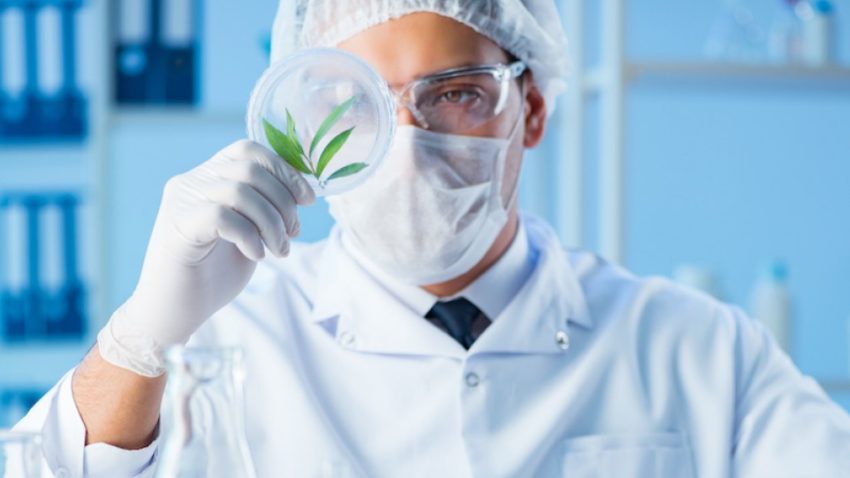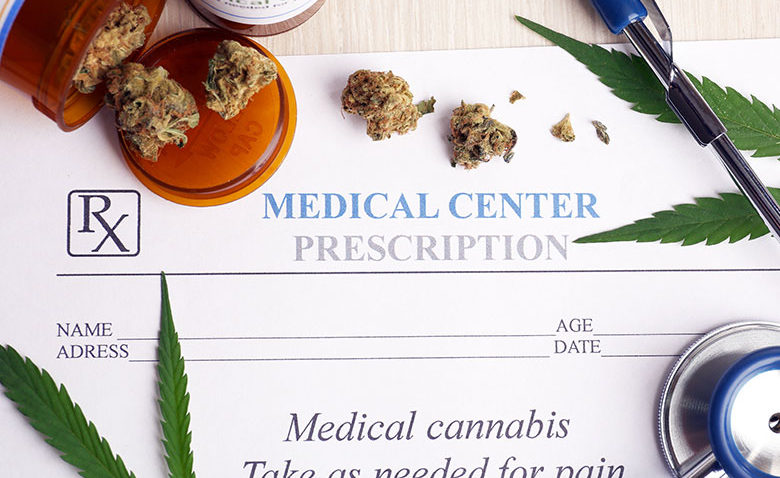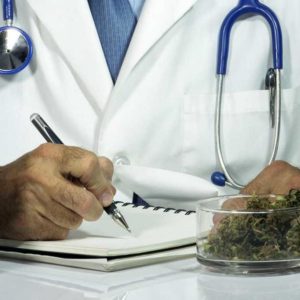- Anxiety
- Depression
- PTSD
- Insomnia
- Cancer
- Cardiovascular Diseases
- HIV/AIDS
- Multiple Sclerosis
- Hypertension
- Crohn’s Disease
- Glaucoma
- Seizures
- Parkinson’s Disease
- Tourette’s Syndrome
- ALS (Lou Gehrig’s)
- Epilepsy
- And a lot more. Call us: (800) 250-6737.
- State ID or Driver’s License
- Non US Passport Number
- Passport
- Utility bill paid within the past two months
- Photocopy of house deed or lease agreement
The THC in the cannabis binds to receptors in the nerves and muscles to relieve pain. Other studies suggest that the chemical also helps control the muscle spasms. Other types of muscle spasms respond to marijuana as well. Gupta also found a teenager who was using medical marijuana to treat diaphragm spasms that were untreatable by other, prescribed and very strong, medications.
But, cannabis to the rescue: A 2006 study found that 86% of patients using marijuana successfully completed their Hep C therapy, while only 29% of non-smokers completed their treatment, possibly because the marijuana helps lessens the treatments side effects.
Contact our team of experts to see if you qualify for medical marijuana in Florida. We are committed to maintaining a welcoming and safe environment and we’ll do all we can to make your visit a pleasant one. All Natural MD has medical marijuana doctor locations in Brandon, Fort Lauderdale and many others.
Marijuana also seems to improve the treatment’s effectiveness: Over 50% of hep C patients smoking marijuana got their viral levels low and kept them low, in comparison to less than 10% of nonsmokers.
Patients with inflammatory bowel diseases like Crohn’s disease and ulcerative colitis benefit greatly as many studies suggest. Some people with inflammatory bowel diseases like Crohn’s and ulcerative colitis could also benefit from marijuana use, studies suggest. Another study showed a decrease in symptoms in 10 of 11 subjects using cannabis, compared with just four of 10 on the placebo. But when the researchers did a follow-up study using low-dose CBD, they saw no effect in the patients. Researchers say that, for now, we need more research before we’ll know whether cannabis can help with these diseases.
University of Nottingham researchers found in 2010 that chemicals in marijuana, including THC and cannabidiol, interact with cells in the body that play an important role in gut function and immune responses.
THC-like compounds made by the body increase the permeability of the intestines, allowing bacteria in. The plant-derived cannabinoids in marijuana block these body-cannabinoids, preventing this permeability and making the intestinal cells bond together tighter.
Researchers at Harvard Medical School suggested that that some of the drug’s benefits may actually be from reduced anxiety, which would improve the smoker’s mood and act as a sedative in low doses. Beware, though, higher doses can increase anxiety and make you paranoid.
A study, published in the journal Molecular Pharmaceutics, found that THC, the active chemical in marijuana, slows the formation of amyloid plaques by blocking the enzyme in the brain that makes them. These plaques seem to be what kill brain cells and potentially cause Alzheimer’s.
A synthetic mixture of CBD and THC seem to preserve memory in a mouse model of Alzheimer’s disease. Another study suggested that in population-based studies, a THC-based prescription drug called dronabinol was able to reduce behavioral disturbances in dementia patients.
A researcher studied multiple sclerosis patients with painful contractions in their muscles. These patients didn’t respond to other treatments, but after smoking marijuana for a few days they reported that they were in less pain.
Another study showed that smoking a joint significantly reduced Crohn’s disease symptoms in 10 out of 11 patients compared to a placebo and without side effects.
That’s a small study, but other research has shown similar effects. Even more research finds that people with Crohn’s and other inflammatory bowel disorders use cannabis to help deal with their symptoms, even if there are questions about how much marijuana can or can’t help.
Medical marijuana is also being used to treat the autoimmune disease Systemic Lupus Erythematosus by many marijuana doctors in Florida and around the globe. Both THC and CBD have anti-inflammatory properties, which may be how cannabis helps deal with symptoms of Lupus and arthritis. The rest of the positive impact of the marijuana is probably from the effects on pain and nausea.
Researchers from rheumatology units at several hospitals gave their patients. Sativex, a cannabinoid-based pain-relieving medicine. After a two-week period, people on Sativex had a significant reduction in pain and improved sleep quality compared to placebo users.
A note of caution, though, a recent study in Arthritis Care & Research suggests there isn’t enough evidence to back up the use of marijuana for these kinds of diseases, mostly because there aren’t comprehensive studies on the side effects and little regulation of dosage and consistency in the chemical make up of medical marijuana.
Other researchers have found that some participants improve their “verbal fluency,” their ability to come up with different words, while using marijuana.
There are many aliments that will qualify you for medical marijuana in Florida through All Natural MD. Below is a list of some conditions that will qualify you:
- Anxiety
- Depression
- Insomnia
- Bipolar
- ADD
- ADHD
- PTSD
- Chronic Pain (Anywhere)
- Arthritis (Any Joint Pain)
- Headaches
- Migraines
- IBS
- Ulcerative Colitis
- Chron’s
- Cancer
- Seizures
- Epilepsy
- Glaucoma
- Parkinson’s
- HIV/AIDS
- Multiple Sclerosis
- Hypertension
- Tourette’s Syndrome
- We offer a Guaranteed Approval or our your money back! Call us (800) 250-6737. Most conditions qualify!
All Natural MD is proud to be one of the first and the best Florida medical marijuana doctors certification companies in Florida. We offer marijuana doctor card services to qualified eligible patients living within the State of Florida. We’ve assisted over 10,000 patients with medical marijuana treatment and would be honored to do the same for you and your loved ones. Just visit one of our many clinic locations to get started. Our mission is to help improve and revitalize the health and the daily lives of each and every one of our patients through compassionate care and the personal individualized touch that we offer.
Contact our team of experts to see if you qualify for medical marijuana in Florida. We are committed to maintaining a welcoming and safe environment and we’ll do all we can to make your visit a pleasant one. All Natural MD has medical marijuana doctor locations in Brandon, Fort Lauderdale and many others.
All Natural MD Fort Lauderdale – Marijuana Doctor Fort Lauderdale / Broward County Florida
All Natural MD Fort Lauderdale Florida, our staff is friendly, knowledgeable and trained in the field of Florida medical marijuana card recommendations. We know you need the medical benefits and pain management relief of cannabis, and we’re here to help you with all aspects of acquiring your Fort Lauderdale Florida marijuana Doctors recommendation.
Give us a call (800) 250-6737 or book your appointment online and we’ll quickly walk through the process. It’s an easy process as long as you’re working with the right people like us who always keep up with the latest laws and rule-making process as it pertains to amendment 2. We will assist you with your Doctor recommendation and ID card license all in one short visit. Since first assisting patients in Nov. 2016, All Natural MD Fort Lauderdale Florida has become the leader in medical marijuana cards in Fort Lauderdale. By providing our patients with the best possible level of care, educating them how to properly integrate cannabis into their treatment regimes. For nearly 4,000 years, marijuana has been used to treat a variety of medical conditions.
With our marijuana doctors location in Fort Lauderdale Florida, we have other locations across the State to assist you. Our mission is to provide a better quality of life for our patients without the use of laboratory produced pharmaceuticals. With proper education and training, we also hope to further a better understanding by the general public of the positive uses of cannabis therapy and dispel much of the negative stigma associated with marijuana in Florida and other areas around to globe.
We are committed to providing you with exceptional service. At All Natural MD Fort Lauderdale our Fort Lauderdale medical marijuana card physicians are compassionate and knowledgeable, and are experts in the field of national medicine/cannabis. From beginning to end, we offer a simple and stress free experience! Our team of professionals are here to help you every step of the way. For more information on directions to All Natural MD Fort Lauderdale.
Our physical address is:
1131 E Commercial Blvd, Oakland Park, FL 33334.
(800) 250-6737.
Next Article – Click Here
If you or someone you know is interested in getting a medical marijuana card in Fort Lauderdale Florida, contact All Natural MD Fort Lauderdale today at (800) 250-6737 today to get started.



